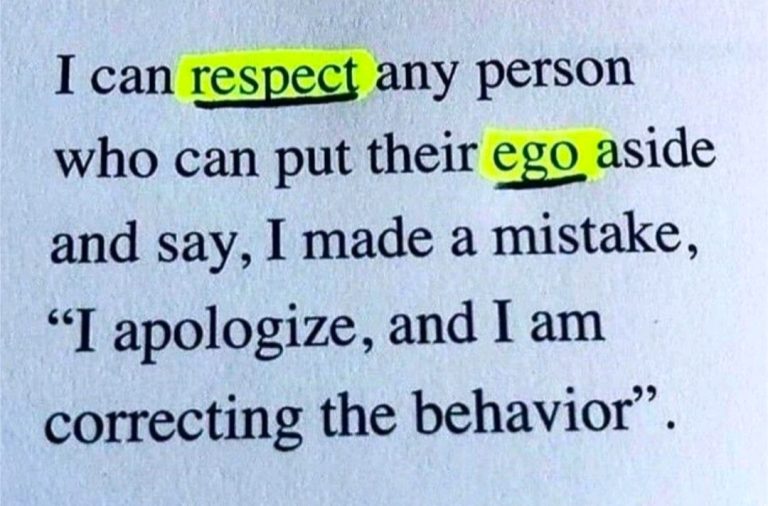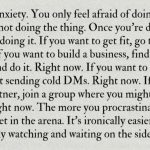Embracing the Gray: The Dangers of Black and White Thinking in Addiction Recovery
Addiction recovery is a journey fraught with challenges, victories, and setbacks. Yet, one cognitive trap—black and white thinking—can turn these natural fluctuations into perceived catastrophes. Also known as all-or-nothing thinking, this mindset views situations in extremes: success or failure, perfection or ruin. In recovery, this rigidity can undermine progress. This post explores how black and white thinking harms the recovery process and offers strategies to cultivate a more compassionate, nuanced approach.

1. Understanding Black and White Thinking
Black and white thinking simplifies complex realities into binary choices. For someone recovering from addiction, this might mean believing that a single drink equates to total failure or that missing a therapy session negates weeks of effort. Such thinking ignores the spectrum of human experience, where growth often lies in subtle, incremental changes. Psychologists link this cognitive distortion to anxiety, perfectionism, and reduced resilience—all critical factors in addiction recovery.
2. How It Manifests in Recovery
- The Abstinence Trap: The belief that any substance use after treatment signifies relapse. This ignores harm reduction strategies and marginalizes progress like reduced use or longer periods of sobriety.
- Perfectionism: Viewing recovery as a linear path where missteps (e.g., cravings, emotional struggles) are forbidden. This fosters guilt, shame, and hopelessness.
- Labeling: Self-identifying as a “failure” after a setback, which can become a self-fulfilling prophecy.
Example: Sarah, after six months sober, has a glass of wine at a wedding. Convinced she’s “ruined everything,” she abandons her recovery plan, spiraling into heavier use. Contrast this with Mark, who views a similar slip as a learning opportunity and reengages with his support network.
3. Consequences of All-or-Nothing Thinking
- Emotional Turmoil: Shame and guilt amplify stress, triggering further substance use.
- Relapse Risk: Viewing setbacks as irreversible failures discourages seeking help.
- Stagnation: Rigid goals (e.g., “I must never crave again”) set unrealistic standards, leading to burnout.
Research underscores this: a 2014 study in Addiction found that self-compassion correlates with lower relapse risk, while perfectionism predicts poorer recovery outcomes.

4. Strategies to Embrace Nuance
- Reframe Setbacks: View relapses as data points, not verdicts. Ask, “What triggered this? How can I adjust my plan?”
- Practice Self-Compassion: Replace self-criticism with kindness. Mindfulness techniques, like noting thoughts without judgment, can help.
- Set Flexible Goals: Celebrate partial victories (e.g., attending therapy despite cravings). Harm reduction models, which prioritize incremental progress over abstinence, validate these efforts.
- Cognitive Behavioral Techniques: Challenge absolutist thoughts. For example, “I had a drink, but that doesn’t erase my six months of growth.”
5. The Role of Support Systems and Therapy
Loved ones and professionals can model balanced thinking. Therapies like CBT help dismantle cognitive distortions, while Motivational Interviewing fosters intrinsic motivation. Support groups (e.g., SMART Recovery) emphasize self-empowerment over rigid dogma.
Expert Insight: Dr. Anna Lembke, Stanford addiction specialist, notes, “Recovery is not a straight line. It’s a series of experiments where each day offers a new chance to learn.”
6. Conclusion: Finding Strength in the Gray
Recovery thrives in flexibility. By rejecting black and white narratives, individuals can navigate setbacks with resilience, not despair. Embrace the messiness of progress—every step forward, no matter how small, is a testament to courage. If you’re struggling, remember: healing isn’t about perfection. It’s about persistence, self-compassion, and the willingness to begin again.
Call to Action
If black and white thinking shadows your recovery, seek support. Share your story, explore therapy, or join a community that honors complexity. Your journey is uniquely yours—let it be guided by grace, not rigidity. As always, thank you for riding with me!
https://youtu.be/KFhWPDSGxfk
/run/media/bangy/Video/OLD/5-4-2025/aRideWithMe5-8-2025.mkv
Visibility: Mostly Cloudy / Rain
*GPS Coordinate Data Provided on bottom left corner with date and speed*
Destinations in West Virginia by appearance:
Charleston
South Charleston
Southridge (19:00)
Dunbar (33:00)
Institute
Cross Lanes
Nitro (42:00)
Saint Albans (50:00)
Jefferson
Spring Hill (South Charleston) (59:00)
South Hills
GWHS (Charleston) (2:16:30)
Listen while you ride: My Spotify Playlists
https://open.spotify.com/playlist/5FI2WfzKqFIz5dD0BOA1iw?si=4f12084e12b247ec – Mix
https://open.spotify.com/playlist/5IWoDtlir7k6eww0PNVdGh?si=dca253ebf4e94ac1 – Chill
https://open.spotify.com/playlist/4TNiUuJHvogwtk7ZxWoOpl?si=d4594c2bf5ff4328 – Upbeat


